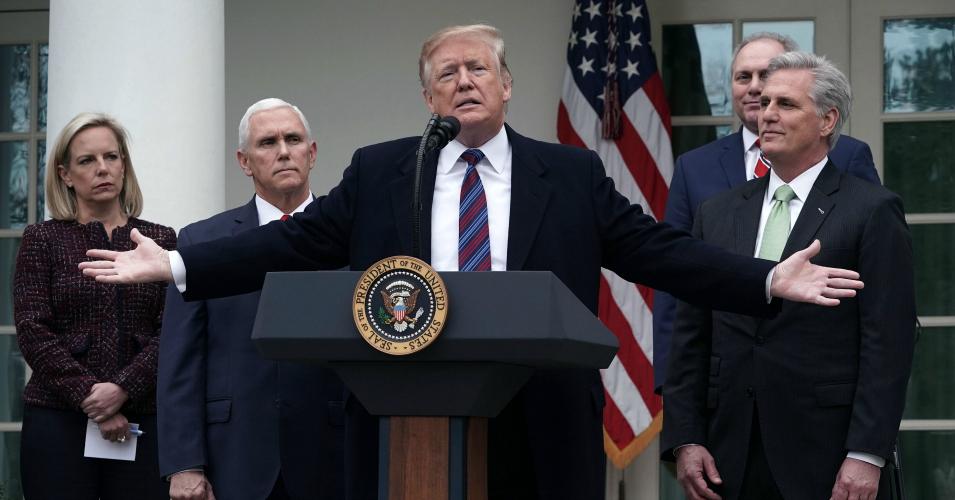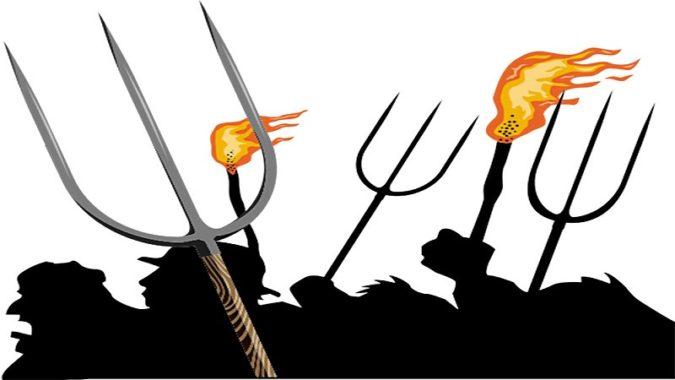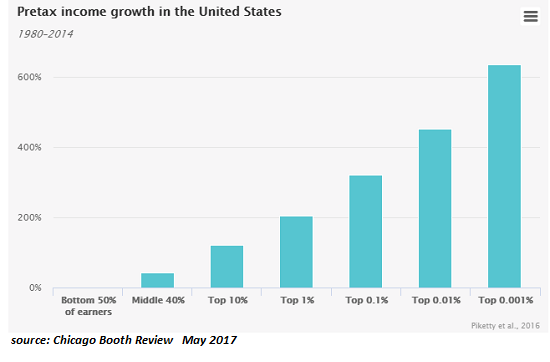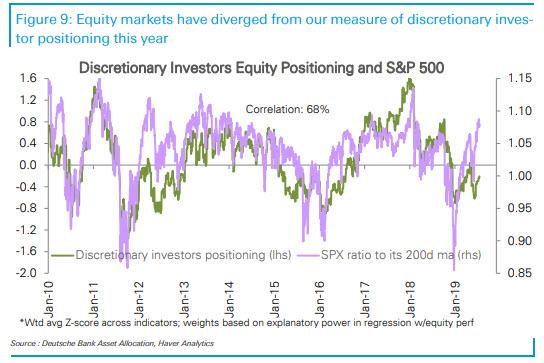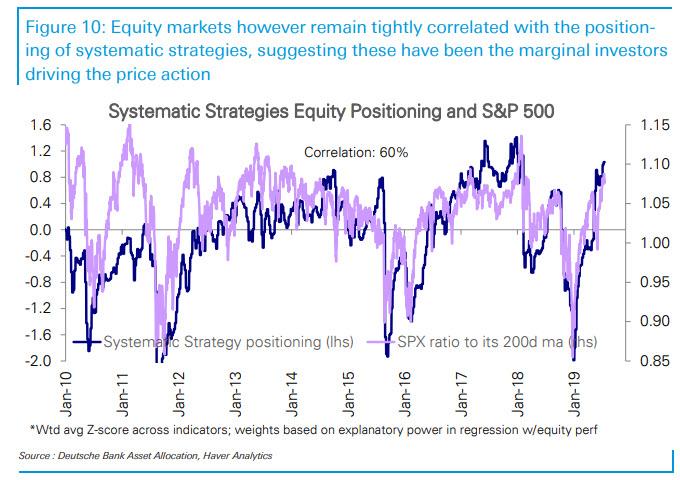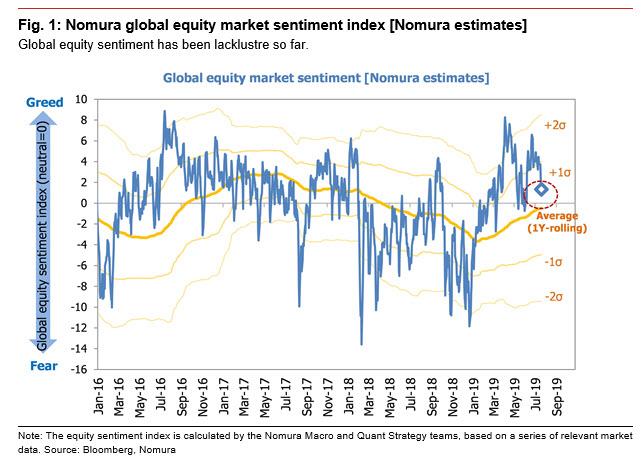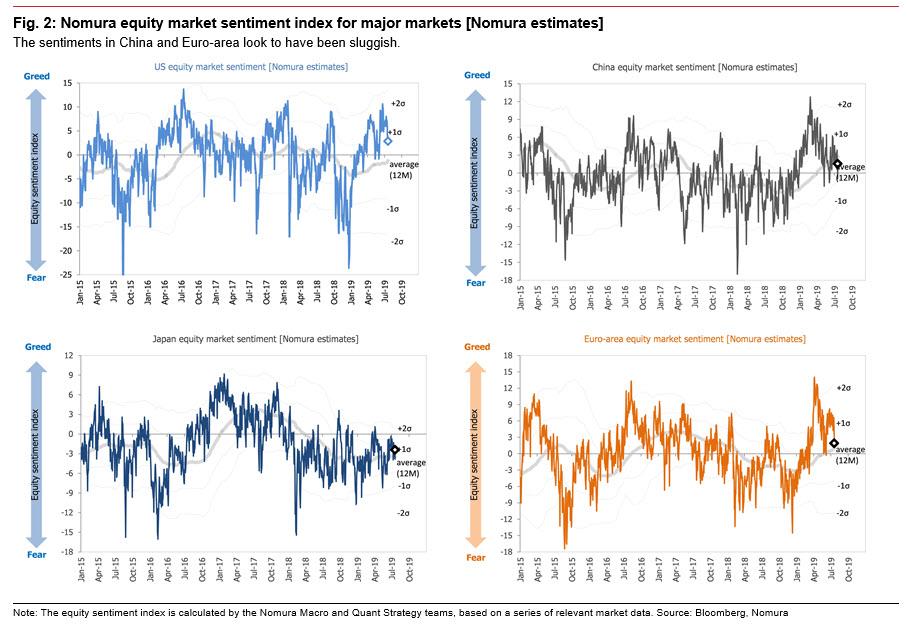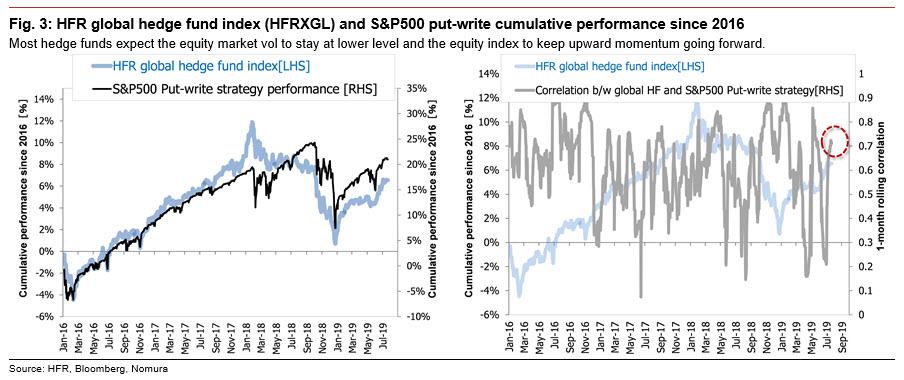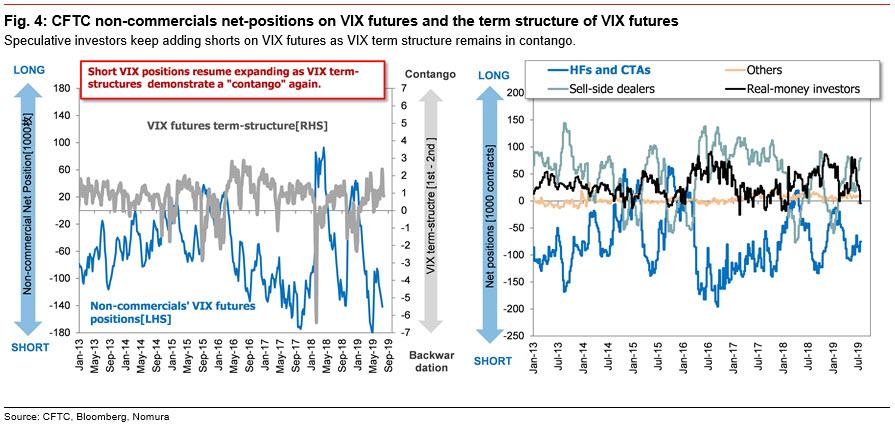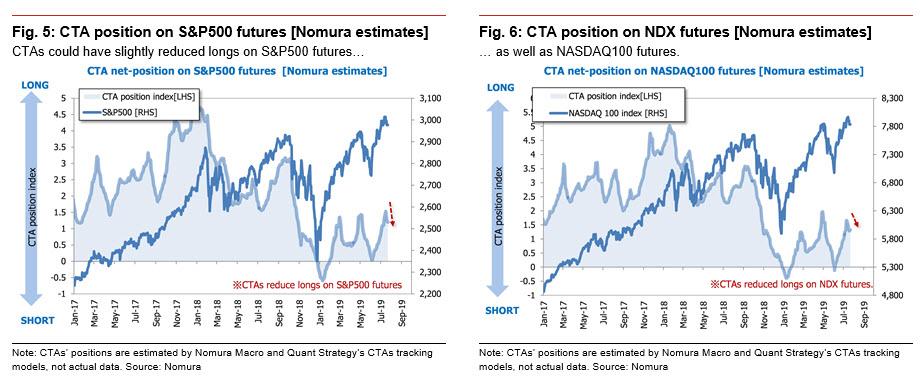Back in the 1960s, long before the phrase “fake news” had come into general circulation, a magazine called Cheetah published a premature obituary for the journalist and satirist Paul Krassner. Krassner had committed more than a few hoaxes himself over the years, so he took the prank in good humor; when a guy from the AP called to see what was going on, he explained that the obit had been a joke.
“Are you sure?” asked the reporter.
“Of course,” Krassner replied. “I would tell you if I was dead.”
Yesterday Krassner really did die, at the age of 87. He had led a rich life: He’s one of those figures who was present at all kinds of vivid historical moments, from the tribulations of Lenny Bruce to the trial of Patty Hearst. He is best known for founding and editing The Realist, which is sometimes called the first underground newspaper but was much more varied and interesting than that label might suggest. While it was being published—initially from 1958 to 1974, with a return engagement from 1985 to 2001—The Realist was a wild free-speech zone that went out of its way to tweak taboos, including the taboos held by its own readers. It ran incisive interviews, freethinking commentary, and articles by figures ranging from Richard Pryor to Kurt Vonnegut to Jean Shepherd to Norman Mailer (who became Krassner’s father-in-law for a spell).
Krassner’s magazine was most famous, and infamous, for blurring the line between satire and journalism. This was especially true in the editor’s own writing: Krassner came to consider himself an “investigative satirist,” inserting as much reality as possible into stories that eventually took a grotesque or absurd or deeply paranoid turn, leaving readers befuddled as to how much of the articles they could believe. His best-known hoax was “The Parts That Were Left Out of the Kennedy Book,” published in 1967, which was framed as a series of outtakes from William Manchester’s The Death of a President; it begins with some perfectly true material but builds to a scene where someone catches Lyndon Johnson in an act of necrophilia with one of the president’s wounds.
But that wasn’t Krassner’s only claim to fame. He was a child prodigy violinist who played Carnegie Hall at age 6. He co-conceived and sold one of the most memorable posters of the ’60s: It said FUCK COMMUNISM!, with the word “Fuck” decked out in a red, white, and blue stars-and-stripes pattern. (He used some of the profits to send the antiwar writer Robert Scheer to Vietnam.) He co-founded one of the more colorful offshoots of the counterculture, the Yippies, and he gave the group its name. He served as publisher of Hustler during Larry Flynt’s born-again Christian period. He coined the term “Twinkie defense.” You could fill a fat book with stories about his adventures, and indeed Krassner did just that: His memoir, Confessions of a Raving, Unconfined Nut, is one of the most entertaining autobiographies I’ve ever read. Despite his history of hoaxing, I’m inclined to believe it’s all true, or at least as true as any other memoir. I even believe the scene where he loses his virginity beneath a portrait of Alfred E. Neuman in the offices of Mad magazine.
Krassner and I corresponded a fair amount over the years, and we spoke occasionally on the phone. I had taken to writing about various pieces of history that he’d been a part of, and he answered countless little queries that I tossed his way. Unfailingly generous with his time, he also got on the horn for two lengthy, multi-hour interviews—one in 2008, when I was writing an article about the Yippies, and one in 2013, when I was writing a book about conspiracy theories. (Did I mention that Krassner also went through a conspiracy-theory period, which culminated in what he described as a psychological breakdown? Like I said, he lived a rich life.)
The first of those two long conversations is on a cassette tape somewhere in my basement; a full transcript of it may have existed at some point, but it doesn’t seem to have made it onto my current computer. The second interview appears below. More exactly, about a third of it appears below—I’ve taken out a lot of tangents, and I’ve excised the sorts of exchanges that are useful when you’re nailing down facts for a book but which wouldn’t be of much interest to general readers.
The interview took place shortly after the second edition of Krassner’s memoir came out, and I had hoped to publish an article about the book; some of my questions were asked with that potential piece in mind. Gradually, the conspiracy-related inquiries took over. My favorite moment in the conversation came when Krassner, realizing that we’d wandered away from his autobiography, suddenly said, “I admire your smooth transition from my book to yours.”
Jesse Walker: The most unexpected thing I learned when I read the book was that your first freelance sale was a gag for a Bil Keane cartoon. I never linked The Realist and The Family Circus in my mind before.
Paul Krassner: I sold two cartoon ideas to him. This was in the early ’50s. I saw something, it might have been at a World Fair or something, about channel changers. So I just had these two little kids playing, one holding a toy gun and the other holding a remote control. One kid says, “Bang! You’re dead.” And the other says, “Bang! You’re Channel 2.”
And the other one was a whole family watching a TV set, and the caption was: “How come these family shows never show any family watching a family show?”
Walker: I think they might have done something like that in The Family Circus a lot later. They always had those TV-watching gags. But this was before that.
Krassner: He had a strip called Channel Chuckles. The jokes were all about TV.
Walker: When you started The Realist a few years after that, did you conceive of it primarily as a humor magazine or as a freethought journal?
Krassner: Well, what inspired it was I was doing freelance stuff for Mad magazine. You had to pitch an idea and then they’d assign it to an artist. The first thing that I got published in Mad was “If Comic Book Characters Answered Those Little Ads in the Back of Magazines.” And so it was, you know, Little Orphan Annie getting Maybelline because she had those blank oval eyes, and Dick Tracy getting a nose job, and Alley Oop getting facial hair removed. But they took out Olive Oyl, Popeye’s girlfriend, who was objectively flat-chested, sending away for falsies.
Bill Gaines [Mad‘s publisher] said, “My mother would object.” And I said, “She’s not a typical subscriber.” And he said, “No, but she’s a typical mother.” At that point, circulation had gone up to a million and a quarter. And so I said, “I guess you don’t want to change horses in midstream,” and Gaines said, “Not when the horse has a rocket up its ass.”
So it was frustrating. There was no adult satirical magazine at that point. This was before Spy, before National Lampoon, and before other outlets for good adult satire. So that’s what inspired it, combined with Lyle Stuart, who was my mentor at The Independent—[a 1950s monthly that] was a forerunner to the alternative press. I started out selling book orders and ended up being the managing editor. Lyle Stuart was buddies with people who put out a freethought magazine called Progressive World, and so they offered me access to their publishing list. It had about 3,000 names and I offered them a subscription to The Realist, and if they didn’t like the first issue, then they get their money back. And of about 600 subscribers, only one asked for his money back.
At the beginning, it was maybe 50 percent satire and 50 percent items about church and state and the lack of separation. And even then—there were 18 states that had laws against contraception—I lost a couple of subscribers who…a lot of the freethinkers were kind of old and conservative about sexuality.
Walker: In 1991 you wrote, “The Realist never labels an article as satire or journalism in order not to deprive you the pleasure of discerning for yourself whether it’s actually true or metaphorically true.” Did that start as a deliberate decision to make the reader question what he was reading, or was that something that just evolved?
Krassner: I think I realized it early on, as I got a lot of reader feedback. Sometimes something meant as satire was so close to reality that they took it as investigative journalism. And vice versa: There would sometimes be a serious report of what happened, and people would take it as a satire because it was such a bizarre story. I hadn’t labeled them because I assumed they would be recognized for what they were.
And so it culminated with “The Parts That Were Left Out of the Kennedy Book.” I started it with something that was public knowledge: Lyndon Johnson during the primaries referred to JFK’s father, Joseph Kennedy, as a Nazi sympathizer. And that was a fact. I would peel layers off it and talked about the affair with Marilyn Monroe, which reporters knew about but was never reported. And just layer after layer, so when I got to the necrophilia scene, it had been like a seduction.
I always wanted to top it. I never got around to it, but I was gonna write the diary of Adolf Eichmann. You remember Werner Erhard? [Erhard created est, or “Erhard Seminars Training,” a self-help seminar that was trendy in the 1970s and early ’80s.] If you carried his theory that what happens to people is what they wanted to happen to them, it was going to be Eichmann planning to justify what he was responsible for by saying he was doing Jews a favor, that this is what they wanted.
I didn’t do that one, but I did do a piece called “The Rise of Sirhan Sirhan in the Scientology Hierarchy.” [Krassner announced in The Realist that he was going to publish a piece called that, but it evolved into a project on Charles Manson.]
Walker: When you wrote about that in the book, you called yourself an investigative satirist. Did you conceive that role when you wrote that piece?
Krassner: Oh, absolutely. Sirhan was interested in a group called The Process Church of Final Judgment, something like that, and Manson had met them. And Manson learned about Scientology in prison and got an E-Meter, which is essentially a lie detector. And he used all kinds of encounter games—under drugs, to intensify what he was doing. He learned hypnotism in prison. He just combined all these techniques. In one letter he told me—I never met him but we corresponded—”I never picked anybody who wasn’t already damaged by society.” Which is kind of what Scientology does.
The reason I picked Scientology in the first place was because they seemed the scariest. They had these interns, or whatever they were, on the street trying to get you to take these personality tests. They were almost zombie-like in their actions, and their smiles were kind of fixed: It was almost like a fantasy cult come alive.
I had run a satire, “I Was Charles Manson’s Bunkmate at Boys Town,” and we just made the whole thing up. Manson was just furious. He had somehow gotten a copy and he told the lawyer, “That’s not true! I was only in Boys Town for two days!” And then we had something about him in The Last Supplement [to the Whole Earth Catalog, which Krassner edited with Ken Kesey in 1971], and I got a letter from him there. A really great coincidental timing. We had some letters back and forth. One of the letters—a long letter talking about God and the Devil—in tiny little letters in the middle of it, he’d put down Squeaky Fromme’s telephone number in L.A. and thought I should call her. So that was a lead to two of the Manson women.
Again, I just started this to write a satire, and I went nuts from information overload because by that time I had met [conspiracy theorist] Mae Brussell. [After Krassner announced his plans to publish “The Rise of Sirhan Sirhan in the Scientology Hierarchy”], Brussell saw that and called to reassure me that Sirhan Sirhan had nothing to do with the killing of Bobby Kennedy. She said, “He was a patsy, just like Lee Harvey Oswald.” And she started talking about this, and it was amazing. She was the queen of conspiracy. There were so many assassinations at that time…
Walker: Well, she thought Freddie Prinze was assassinated, which I always thought was an interesting theory…
Krassner: Every once in a while I would have to remind her that sometimes a death is just a death. And she says, “How many plots does it take to make a conspiracy?” It was like a Zen koan.
But at that point, on the phone, I asked her, “Do you know anything about Manson?” And she goes, “Oh yeah, he was a patsy,” and was telling me about this guy who was in Navy intelligence who was posing as a hippie artist. I got sucked in. My religion of coincidence changed to a religion of conspiracy. I went nuts from it, from all the input from Mae Brussell, publishing her, getting a lot of threats, and then the Manson research. I went to Chicago to see the Process people. It got scarier and weirder all along.
Walker: One of the reasons your writing on conspiracies interested me so much was because of these phases you went through. You started mining conspiracy for comic potential, and then you plunged into what you described as a psychological breakdown, and then you emerged from that. But you still had this journalistic interest in conspiracies—you continued to run things in The Realist and write things and do things in your standup act. So how do you balance all of these different approaches, after you had that breakdown but still wanted to explore what was happening in Iran-contra or whatever?
Krassner: Well, as I unwound from the experience, from this psychotic episode, I had to understand what happened to me. I did a lot of introspecting, examining all of the things that had happened that led up to it.
There were other things that happened. At the height of this, seven cops had my house surrounded. I thought they were after me. In the unwinding process, I found out from a reporter for the local paper that they were searching for a rapist in the area. I realized how I had achieved a certain attachment with conspiracy. I could think of other things and how I misinterpreted them because I was seeing them through a paranoid filter.
I was able to examine more closely in terms of what could be a conspiracy and could be misinterpreted. The way conspiracy people work, they start with a premise automatically—”this is an assassination, not a suicide”—and then they go back and back through the facts and make them fit that conclusion that they already have. And I see the way conspiratorial nuts work, which makes me much more tolerant, because I understand. I was kind of a zealot because I thought I knew all the conspiracies, and now I took nothing for granted. So the answer to your question would be conscious innocence, it was trying to have as little predisposition as possible so that I would see it through as objective a prism as I could.
Walker: When you published Mae Brussell’s piece on Martha Mitchell [a very early Watergate conspiracy article, published in 1972], there was a lot of skepticism. This is in your book: “It had been five years since I published ‘The Parts Left Out of the Kennedy Book,’ and I began to feel like the little boy who cried ‘wolf!'” I wondered if you could talk a little about that skepticism and how it manifested in the context of you being sort of infamous for publishing hoaxes and satires.
Krassner: I don’t know if that much had to do with it, because there was nothing really funny about this. I think it was more that I lost credibility.
When she died, I said that if Mae were alive, she would be convinced that she had died from a conspiracy. It just became her life’s work. She would be in line in a supermarket and start talking to somebody and say, “Do you think that so-and-so really committed suicide?” (laughs) She would talk to strangers about it. And I understood, because when I got into it, I felt like I was on a mission from the God I didn’t believe in. But there was also a feeling that I see with a lot of conspiracy researchers. I don’t want to generalize, but some of them really have their identity tied in it so much because they feel they know something more than other people—but they want to share it. I told one 9/11 movement guy, I [brought up Popular Mechanics‘ effort to debunk 9/11 conspiracy arguments]. And they said, “Oh, Popular Mechanics, that’s a Hearst magazine.” So they were already prepared. I realized they rationalized their belief system when they believe they have an absolute truth. And I went towards everything as a subjective truth. I realized you couldn’t argue with them any more than you could argue with people outside abortion clinics.
Walker: There was this bizarre—just on the subject of rationalizing conspiracies—that made-up quote in the Paul Kangas article you ran. [In 1991, The Realist published an article by Kangas claiming to link presidents Richard Nixon and George H.W. Bush to the JFK assassination. Krassner later learned that it included a fabricated quote, which Kangas tried to justify by saying he was “trying to smoke out the truth.”] Do you remember this?
Krassner: Oh, absolutely. I was furious with him. And I apologized and straightened it out in the next issue. [Krassner misremembered this slightly: It was two issues later.] And I don’t answer his calls. And yet I have to admit that— First of all, I admire your smooth transition from my book to yours.
(laughter)
Anyway, Bob Wilson had this book. [The libertarian writer Robert Anton Wilson, whose corpus included several satiric novels about conspiracies, was a frequent contributor to The Realist.] I think it’s called The Conspiracy Encyclopedia.
Walker: Everything You Know is Wrong?
Krassner: No, no. He didn’t do that. That was put out by Disinformation.
Walker: I know the one you mean, though. It’s from the ’90s. Oh: Everything Is Under Control.
Krassner: I think that might be it. He had a lot of different conspiracy stories in there, a great many, in encyclopedia form. But he had one conspiracy report there that he made up, which I appreciated, just to keep himself pure. And I don’t know if I ever knew which one it was.
Walker: I always thought there was a really strong parallel between what you were doing in your investigative satires and what he was doing in his conspiracy spoofs. You were both taking this information that was out there and then assembling it into this coherent picture. Not really to debunk or espouse conspiracy—except when you fell into yours—but just kind of to mine it for understanding the truths lurking underneath it.
Krassner: Oh, yeah. When The Realist changed from magazine to newsletter, I gave him a clipping about some kind of orgasm conference in India. And I assigned him to write his report on the orgasm conference as if he had been there. And so he did that. And there was another one like that—a married priest convention—and he wrote that too, as if he were there.
It was the same purpose. He would write these things that kept their balance between credible and incredible. Again, it’s a kind of seduction, because it has to have some truth to it to give it more sense of credibility. I could never start an article saying that Johnson was fucking Kennedy in his throat wound. You had to lead up to it.
Last night, I performed at a gay bar after a drag queen show and signed copies of Pot Stories for the Soul. The guy who introduced me, who was an old fan of The Realist, tried to say how The Realist changed his life. He said, “It was never the same when I read this piece about Lyndon Johnson fucking Kennedy in the throat wound.” And he’s introducing me at an event Saturday, and I just emailed him today. I said, “Please skip that ‘fucking in the throat wound’ thing, because it’s too much out of context to give to people.”
So, yeah. Wilson liked to play these games. He liked to fool people and keep them guessing. And I think he did a lot of that in the Illuminati trilogy.
Walker: What was the editorial process like with him?
Krassner: I would just tell him not to censor himself and hold back. If there was something I didn’t understand, I would have to assume I was the common denominator of the reader, and so I would ask the most questions. I would have to look up words in the dictionary when I was reading his manuscript, and I figured the reader would have to look it up too if they didn’t understand what it meant.
He would do a thing on Ezra Pound’s poetry. And I really didn’t quite understand it, but it was interesting that he could transcend the Nazi aspect of him and just deal with this poetry. Because he was a taboo, you know. So for me, it was like, “Can you separate art from the personality of the artist?” It’s like Wagner.
Walker: You ran that George Lincoln Rockwell article with the introduction on how to cancel your subscription to The Realist. [Rockwell was the head of the American Nazi Party. The article, published in 1962, was about Philadelphia’s efforts to block one of his rallies.]
Krassner: Oh, yeah.
Walker: How did that originate? Did he send it to you, or—
Krassner: No, I had already interviewed him. And so he read The Realist then. When the JFK thing was published, he called me and said, “For a Jew, you’ve got balls of steel.” Something like that. Flattery will get you nowhere.
You know, when I interviewed him, [and he was] spouting anti-Semitism and racism, I remember saying to him, “OK, this will be the June issue.” And he said, “The Jew issue?” I ended it right there. It was just purely revealing.
I don’t think I ever assigned anything to him. He sent that to me, and I thought it would shake up readers. But I thought it was making an interesting point, and if it wasn’t under his byline, people might have a different approach to it.
Walker: I asked earlier about the reaction to Mae Brussell’s piece. Was there ever a problem with other serious investigations that you published after that, where people just assumed you were pulling their leg? I remember you published a piece on George W. Bush in 2000, and I saw this heated argument online about whether it was a spoof or a real leak. And I was pretty sure that one was a spoof. [The article claimed to be the report of a private investigator hired by the Bush campaign to dig up oppo on their own candidate, along with the campaign’s analysis of the information.]
Krassner: Oh, yeah. You know who wrote that? It was written by Nick Kazan, the screenwriter. I did more editing with him, because he didn’t know what form to take it in. He loved the fact that people weren’t sure about it.
Walker: Besides your connection with one of Ford’s would-be assassins, you brushed up pretty close against the Larry Flynt assassination attempt [Krassner was working for Hustler when Flynt was shot] and the Andy Warhol assassination attempt [Krassner had lunch with Valerie Solanis a few days before she shot Warhol]. Did you have any of those old paranoid feelings being sparked again?
Krassner: Squeaky Fromme, Andy Warhol, and Larry Flynt. I guess it must have been the Krassner curse.
Walker: These people survived, though. If you had met Sirhan Sirhan, Bobby Kennedy would be president.
Krassner: (laughs) I saw a poster recently, which has become my favorite poster. A real placard, it wasn’t photoshopped. It said, “What do we want? Time travel! When do we want it? It’s irrelevant!”
Walker: You spoke at at least one Libertarian Party event, and I know you contributed to [the Cato Institute’s now-defunct magazine] Inquiry, and you’ve got a submission pending at Reason. So I was curious from your standpoint on the left what you think of us weirdo libertarians.
Krassner: I think there’s a whole spectrum of libertarians. So there’s ones on the right wing who really believe Ayn Rand word by word, and at the other end there are joint-smoking hippies who feel very strongly about the drug laws. And, you know, there’s an overlap too. I dedicated one of my books—it was Pot Stories for the Soul—to Peter McWilliams, who was on the forefront of the medical marijuana movement, and he was a libertarian and recommended it.
It’s like anything else. I used to be very judgmental and couldn’t relate to anybody who wasn’t an atheist, and then I was changed by Martin Luther King—he was a Christian, and yet I really admired his courage and his principles. George Lincoln Rockwell called himself an agnostic, and he was despicable with his philosophy and actions. And so I more and more related to people by how they treated other people and not what they believed. And it’s the same thing with political groups.
I did an interview with Andrew Breitbart, and I think he described himself as a “Republican with libertarian leanings.” Something like that. And he was just a vicious propagandist. So I have libertarian friends, and other friends who are skeptical about certain things because they think they’re greedy or they have no compassion. And they felt that some of the things Ron Paul was saying during the debates—
In fact, I just remembered now. I [attended] a fundraising event for Ron Paul [when he was the Libertarian Party’s presidential candidate in 1988] at Timothy Leary’s house. But they didn’t get the regular celebrities. They didn’t get Michael Moore or Susan Sarandon. The celebrities there were Orson Bean, who was libertarian—
Walker: And Breitbart’s father-in-law, right?
Krassner: His father-in-law, yes. When I first asked him about how he felt about Breitbart, he said, “I love my grandchildren.” But he was still part of the family, and they did get along.
[The day after the interview, Krassner emailed to say that one other celebrity had been present at Leary’s Ron Paul fundraiser: Harold and Maude star Bud Cort. Krassner told me on another occasion that he actually voted for Ralph Nader in 1988. When I reminded him that Nader didn’t run that year, he realized that he didn’t remember how he voted. But he didn’t think it was for Paul.]
In the past several years, Orson Bean has become a born-again Christian. Our friendship goes way back before then. He was a substitute for Johnny Carson; he got me on The Tonight Show. Another time he flew in [radical education theorist] A.S. Neill to be a guest on the program when he was substituting. And he started his own school in New York, called the 15th Street School, based on A.S. Neill’s principles. My daughter Holly went there. He’s said that’s the thing he’s done that he’s most proud of.
In the past several years, we’ve been having a dialogue by email about me being a nonbeliever and him being a believer. It bordered on being evangelical. At a certain point, I emailed him and said, “If you can arrange for me to interview Andrew Breitbart, then I’ll believe in God.” So I got an email from Breitbart—it must have been forwarded to him by Orson—and it said, “Apparently there is a God,” with a phone number.
I called him, and the first thing he said was “You know, you were one of my inspirations.” I knew what my first question was going to be if I did it. [Krassner opened by mentioning Breitbart’s praise for him, Abbie Hoffman, and Ken Kesey, then pointed out that they were all “at the other end of the social and political spectrum. So what I want to know is, how do they fit into the context of your own personal mission?” Breitbart replied that he was using them as a model.]
So I queried Playboy. When I got the assignment, I sent an email to Orson Bean saying, “Praise the fucking Lord.”

from Latest – Reason.com https://ift.tt/2y3wCR6
via IFTTT
